And we reached 30. Right On! Ploffness.
Hey, listen up. We take ourselves too seriously. Each one of us. From the phony guy to the abiding citizen. We wake up in the morning, and in our first seconds we reset our lives, our potential, within the social image we create around us.
It is a nervous impulse which triggers inside of us like a domino to the infinite: (you wake up) it is hot, what time is it?, seven… the bank, I’ve got to go to the bank; Fu#$%! I am sure the guy that goes really slowly will be there, and I hate him – and this pisses you off because you are used to doing things fast, and quick, because when you were young your father hurried you up to do things early in the morning (hate). And bum, that’s it, in an instant we reset our lives, our memories, and we stay there… because now all the new things we perceive, we see them with this entire luggage upon us.
But the reset is both internal and external. We feed our ego to identify ourselves within the society through a social image (the athlete, the successful guy, the looser, the nice one, the prick, the “good guy”, the family guy, the grumpy), a status (a job, academic achievements, astounding aptitudes); and more primitive still: in a social class (the rich against the poor), a logo, a clothing brand, a football team, etc. And we enter a vicious cycle without realizing it, because we start to work to maintain that image because we believe that image is what we are. The ego thinks that if that image doesn’t exist, then: who am I? And as the answer to that question requires a free will a few decide to use to be answered, the ego prefers to keep on feeding that image. And we are like hamsters running inside a steel-wheel.
“Don Juan said that everyone who knew me had an idea about me, and that I feed that idea with everything I did.
Don’t you see? –he asked with dramatism- you must renew your personal story telling your parents, family and friends everything you do. On the contrary, if you lack a personal story, explanations are no longer needed; nobody gets mad at you, nor disappointed with your actions. And above all, no one holds on to you with their thoughts. (…)
It is better to wipe out any personal story (…) because it frees us from the weight of other’s thoughts” – Carlos Castaneda. Viaje a Itxlán. Fondo de Cultura Económica. Buenos Aires, 2009. Páginas 34 y 35 (Primera Edición en 1972)
But instead of doing this, of relaxing and being, we keep on giving explanations to everyone, to maintain that image, and even though we do so, we want to feel refreshed, t feel good about who we are. But we reach a point in which we no longer feel good, because there is nothing else to add. And we end up doing nothing.
And we forget that in every plane of our lives, when we set our mind in doing something, if we want to do it ok, we have to imprint our full attention on it, put passion, heart and will, and quite possibly, one can achieve whatever he wants. But we no longer give it a try, because the self-created image stops us, and does not let us try new things, skip the routine. We have to go back to our truest dreams, the things we wanted to do when we were young, whatever things they were! But let us not fall down to the system. The system in which we live in needs our ego, because through the ego you control the masses. What people need to do is to stop thinking in each one of the multiple variables that try to spoil your plans. Just give it a try.
“When a man decides to do something, he has to go on until the end –he said- but he must accept responsibility for what he is doing. Whatever he does, first he must know why he does it, and then go on with his actions having no doubts at all, nor regrets about them. (…)
You, however, feel immortal, and an immortal’s decisions can be cancelled, mourned or doubted. In a world where death is the hunter, there is no time for regrets nor doubts, my friend. There is only time for decisions.” – Carlos Castaneda. Viaje a Itxlán. Fondo de Cultura Económica. Buenos Aires, 2009. Páginas 69 y 70 (Primera Edición en 1972)
On the concept of death as a trigger for achieving higher levels of consciousness there is a lot to talk about. But it is a clear and simple concept: when someone has a near death experience, his values towards life change, and you usually tend to feel life in a different way, he deals with his emotions in a different manner, hence, changing his decision making.
Airport Hug,
Brian Longstaff.-
Ploff – It is not environmentalism, it is changing the world.




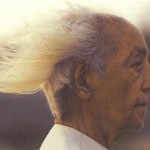
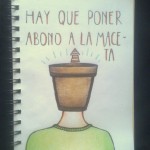
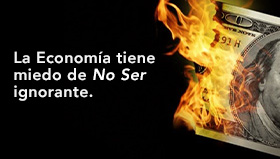
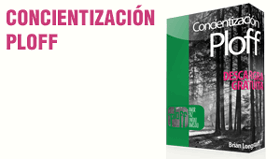





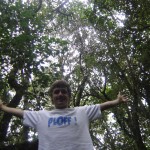

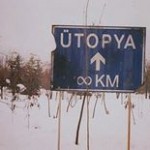
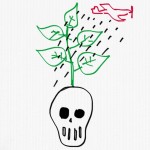
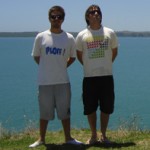
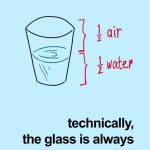


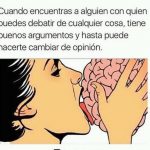
Seba Roldán Dec 05 , 2011 at 03:40 PM /
Muy bueno el boletin y tambien el articulo titulado "Experiencia cercana a la muerte"